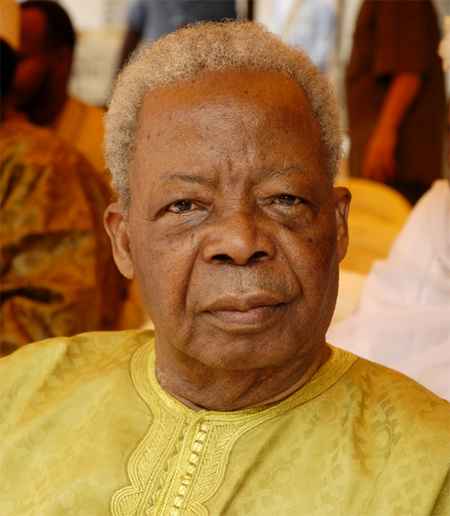Library Weekly
The ASCL's Library Weekly is our library’s weekly spotlight on African people and events. Inspired by the SciHiBlog, this service is based on information retrieved from Wikipedia and Wikidata and is completed with selected titles from the ASCL Library Catalogue.
N.B. The weeklies are not updated and reflect the state of information at a given point in time.
Library Weekly archive
Seydou Badian Kouyaté
 On 28 December 2018, Malian writer and politician, Seydou Badian Kouyaté died in Bamako at the age of 90. He wrote the lyrics to the Malian national anthem, "Le Mali".
On 28 December 2018, Malian writer and politician, Seydou Badian Kouyaté died in Bamako at the age of 90. He wrote the lyrics to the Malian national anthem, "Le Mali".
Kouyaté was born on 10 April 1928 in Bamako. He was schooled in Mali before pursuing his secondary and tertiary education in France. After having obtained a doctorate in medicine from the University of Montpellier, he returned to his home country.
Between 1960 and 1968 Kouyaté took on political functions. In 1962 he was named Minister of Economic and Financial Coordination; however, with the coup d'état of 1968, and the rise to the presidency of Moussa Traoré, he was jailed for seven years before being exiled to Dakar in 1975.
Kouyaté is best known for his first novel, Sous l'orage (1957), the story of an arranged marriage, told from the point of view of the reluctant bride. His literary work further consist of an epic drama about Zulu warrior Chaka and two more novels.
In March 2018, Kouyaté was awarded the Grand Prix des Mécènes of the GPLA 2017, as a tribute to all his bibliographic career.
(Source: Wikipedia, accessed on 6 December 2023, and the Dictionary of African biography)

